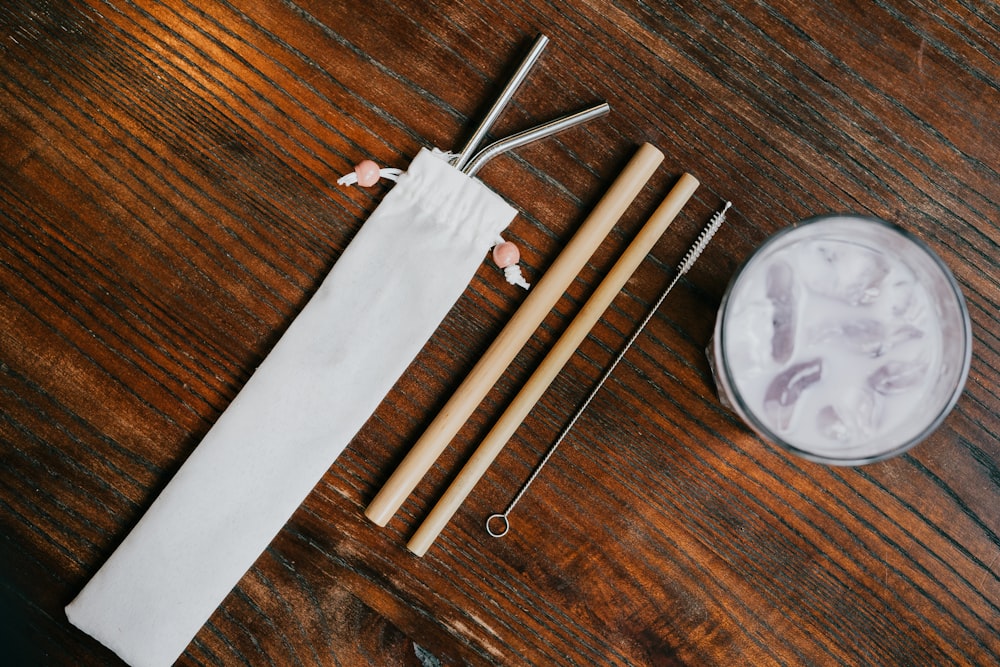Let’s assume you need a new set of cookware, a new party dress, or simply a new tube of toothpaste or a bag of coffee beans.
How do you choose which brand to purchase?
Advertising or a friend’s advice might sway your decision. Maybe you just purchase the same brand every time because your mother did or because it’s the only brand you’ve ever tried, and it’s the simplest option.
However, an increasing number of us are deliberating before making a purchase. We’ve heard that out-of-control consumerism is wreaking havoc on the environment. We all know that product safety isn’t always well-regulated and that businesses don’t always think about our health and safety. We’re concerned about manufacturing and farming methods’ social and environmental consequences.
What Does It Mean To Be A Conscious Consumer?
The notion of conscious consumption is not new, and there are several distinct definitions available on the internet.
This is how I see it: Before deciding what to buy, an aware consumer examines the health repercussions and the environmental and social impacts of a product.
A thoughtful shopper considers their options before making a purchase. They’re involved in the buying process and will ask a few questions before making a purchase:
- Is this something that my family and I can do safely?
- Is it causing any harm to the environment?
- What is the societal impact?
- Instead of buying goods, they don’t need, an aware consumer makes intentional, educated decisions.
An aware customer expects companies to be transparent and real and avoid items that do not align with their beliefs. Someone is confident in their decisions because they have done their homework and identified the greatest options for their family.
I’m guessing that most visitors to my blog are already mindful consumers in some form. Perhaps you’ve replaced some harmful cleansers with better alternatives, or you’ve begun to use reusable containers instead of plastic wrap. Perhaps you’ve shifted to natural, non-toxic goods or invest in sustainable apparel instead of quick fashion.
Congratulations on what you’ve accomplished so far in becoming more conscious of the effects of the things you purchase! Let’s have a look at what more you may do to make yourself a more socially conscious shopper…
What Does It Take To Be A Conscious Consumer?
First and foremost, being a conscientious consumer is not about being flawless. There is no set route to follow. There is no requirement to pass an exam. If you’ve been reading my blog for a while, you’ll know that I’m all about mindful moderation, baby steps, and doing what works best for YOU!
Ultimately, being a conscientious consumer means concentrating on the most important values to you, educating yourself, and doing your best within your time and financial limits.
My objective is to assist you in being the best conscientious shopper you can be! Here are my top ten recommendations for becoming a socially conscious, long-term consumer:
1.) Do Your Homework – Spend some time researching what you intend to purchase.
Visit the brands’ websites and read the About Us section to learn more about the manufacturing process. To understand the health and environmental effects of goods, consult reputable sources such as the Environmental Working Group (EWG).
2.) Know Your Compounds – You don’t have to be a scientist to know which ingredients and materials are dangerous to humans and the environment. There is a lot to learn about this topic; however, the following are the most important ones:
Hormone-disrupting chemicals such as phthalates, bisphenols, and flame retardants are found in many items, from personal care to plastics to home furnishings. Nonstick cookware and food packaging contain perfluorinated chemicals, which are possibly carcinogenic. Yes, these hazardous compounds are permitted in goods by law. It’s the wild out there, so the more educated you are, the better.
Are you ready for a more conscious way of living? Let us know in the comments…

